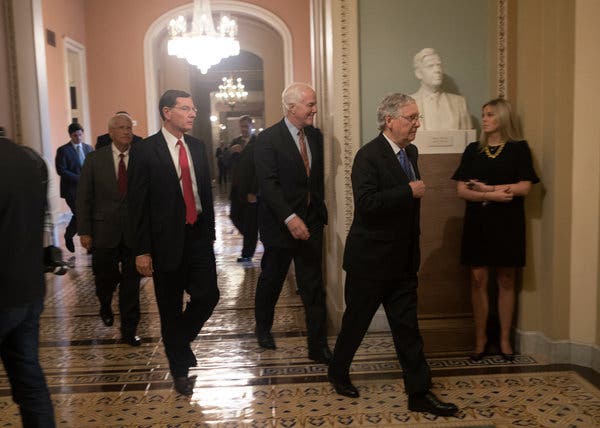The plight of Baha’is in Iran has drawn global attention, particularly from bodies such as the United States Senate and the United Nations, both of which have openly condemned the ongoing persecution of this religious minority. Their actions epitomize a broader struggle for religious freedom and human rights, echoing the foundational principles of the Baha’i Faith itself. This article seeks to delve into the various dimensions of this issue, elucidating the Baha’i teachings and how they relate to the socio-political climate affecting the Baha’is in Iran.
The Baha’i Faith, rooted in principles of peace, unity, and justice, posits that all humans are equal before God, irrespective of race, nationality, or religious affiliation. This tenet vehemently contradicts the Iranian government’s systematic efforts to repress its Baha’i citizens, efforts that include harassment, arrests, and social ostracism. Understanding this disparity invites a look into not just the immediate human rights violations but also the underlying cultural and political dynamics of Iran.
Historically, the Baha’i community has been a target of animosity since its inception in the 19th century. This hostility can be traced back to the fundamental differences between Baha’i teachings and the prevailing Islamic doctrines prevalent in Iran, which regard the Baha’i Faith as heretical. The intertwined narratives of spirituality and governance in Iran have long facilitated discrimination against Baha’is, underscoring a perennial struggle for recognition and acceptance.
The U.S. Senate’s condemnation reflects a growing concern about the egregious violations of human rights in Iran, particularly targeting minority faiths. The Senate’s resolutions often serve as a clarion call, rallying international awareness towards the injustices faced by Baha’is. Such legislative actions underscore the notion that religious freedom should be a cornerstone of human rights and that global indifference to persecution only exacerbates the plight of marginalized groups.
Internationally, the United Nations plays an equally pivotal role. Various UN resolutions have specifically condemned Iran’s oppression of Baha’is, citing discriminatory laws and practices that impact their ability to practice their faith freely. The UN’s involvement is consequential as it reinforces the Baha’i community’s global visibility, allowing for greater advocacy and support from allied nations and human rights organizations.
At the heart of the issue lies a profound contradiction within Iran’s societal structure. On one hand, the country posits itself as a modern state, striving for international legitimacy; on the other hand, it enshrines archaic religious intolerance within its legal framework. This duality creates a fertile ground for persecution, where the Baha’is embody an uncomfortable reminder of a more progressive and egalitarian worldview that clashes with prevailing dogmas.
Moreover, the persecution of Baha’is can be seen as part of a broader strategy by the Iranian regime to consolidate power by marginalizing dissenting voices. By targeting the Baha’is, the government not only suppresses a faith that advocates for universal peace and justice but also sends a strong message regarding the consequences of defying state-sanctioned ideologies. Such systemic discrimination has manifested itself in various forms, from the denial of access to education and employment to overt violence and imprisonment.
In juxtaposition, the teachings of the Baha’i Faith advocate for educating all individuals and promoting the principles of gender equality and social justice. The Baha’i community operates under the belief that progress can only be achieved through unity and collaboration, transcending divisions of race, class, and religion. This ethos starkly contrasts with the Iranian government’s divisive tactics, leading to an inevitable clash between the Baha’i aspirations for peace and the prevailing narrative enforced by the state.
Furthermore, the emotional resonance of the Baha’i plight fosters a deeper observation regarding the human capacity for empathy and solidarity. The global response—epitomized by actions from the U.S. Senate and UN—speaks volumes about humanity’s collective consciousness in recognizing injustice. In an age where information travels swiftly and social media amplifies voices of the oppressed, the international community is increasingly mobilizing around the Baha’i cause, reflecting an evolving perception of human rights.
This movement enhances our understanding of the relationship between religion and state, a theme deeply embedded in the Baha’i teachings. Such principles advocate that spiritual development does not diminish civic responsibility; rather, they enhance societal progress as individuals embody virtues that foster peace and justice. This ideological framework becomes imperative in discussing not only the plight of Baha’is but also the potential for societal reform in Iran.
While the condemnation from the U.S. Senate and the United Nations marks important steps toward increased awareness, it is by no means the concluding chapter. Continued advocacy, education, and dialogue remain paramount in challenging the status quo. Cultivating an environment of tolerance and understanding can help dismantle the pervasive mythos surrounding Baha’is, enabling society to appreciate the rich contributions they can make to global civilization.
In summation, the intersection of Baha’i teachings, United Nations resolutions, and U.S. Senate actions presents a multifaceted picture of the ongoing struggles against religious persecution in Iran. As the global community rallies to condemn these injustices, it also champions the ideals espoused by the Baha’i Faith: that of unity, peace, and the unwavering belief in the dignity of all humanity. The dialogue on these issues must persist, not merely as a response to a specific conflict but as a universal affirmation of human rights—a commitment to ensuring that justice prevails for all, particularly for those marginalized, like the Baha’is in Iran.
